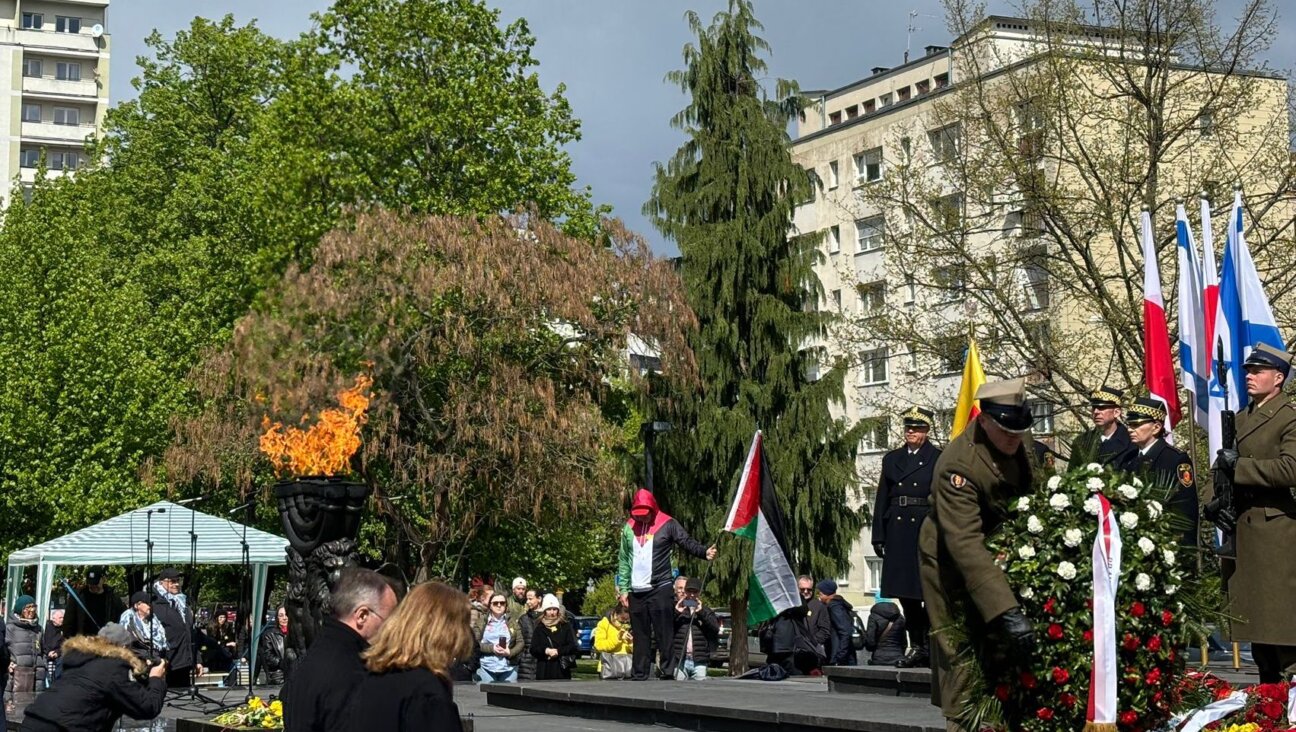Palestinians Celebrate Deal for Gaza Ceasefire

Image by getty images
A ceasefire agreement between Israel and the Palestinians aimed at ending their seven-week conflict in Gaza went into effect on Tuesday and joyous Palestinians streamed into the streets of the battered enclave to celebrate.
Minutes before the Egyptian-brokered truce began at 1600 GMT, a rocket fired by Palestinian militants killed one person in an Israeli kibbutz, or collective farm, near the Gaza border, police said.
Palestinian and Egyptian officials said the deal calls for an indefinite halt to hostilities, the immediate opening of Gaza’s blockaded crossings with Israel and Egypt and a widening of the territory’s fishing zone in the Mediterranean.
A senior official of the Islamist group Hamas, which runs Gaza, voiced willingness for the security forces of Western-backed Palestinian President Mahmoud Abbas and the unity government he formed in June to control the passage points.
Both Israel and Egypt view Hamas as a security threat and are seeking guarantees that weapons will not enter the territory of 1.8 million people.
Under a second stage of the truce that would begin a month later, Israel and the Palestinians would discuss the construction of a Gaza sea port and Israel’s release of Hamas prisoners in the occupied West Bank, the officials said.
After the ceasefire began, crowds and traffic filled the Gaza streets. Car horns blared and recorded chants praising God sounded from mosque loudspeakers.
“Today we declare the victory of the resistance, today we declare the victory of Gaza,” Hamas spokesman Sami Abu Zuhri said.
Israel gave a low-key response to the truce.
A statement issued by a spokesman for Prime Minister Benjamin Netanyahu said Israel had accepted the Egyptian proposal for “an open-ended ceasefire” and would attend Cairo talks on Gaza’s future only if there was a “total end to terror attacks” from the enclave.
HEAVY TOLL
The conflict has taken a heavy toll in the Gaza Strip. Palestinian health officials say 2,139 people, most of them civilians, including more than 490 children, have been killed in the enclave since July 8, when Israel launched an offensive with the declared aim of ending the rocket salvoes.
Sixty-four Israeli soldiers and five civilians in Israel have been killed.
Thousands of homes in the Gaza Strip have been destroyed or damaged in the most prolonged Israeli-Palestinian fighting since a 2000-2005 Palestinian uprising.
“We have mixed feelings. We are in pain for the losses but we are also proud we fought this war alone and we were not broken,” said Gaza teacher Ahmed Awf, 55, as he held his two-year-old son in his arms and joined in the street festivities.
Despite Israeli bombardments from sea and air and an offensive that included a ground invasion, Hamas was able to keep up cross-border rocket salvoes that reached Israel’s heartland, the commercial capital Tel Aviv. Many of the rockets were intercepted by the Iron Dome anti-missile system.
The Palestinian Center for Human Rights said 540,000 people had been displaced in the territory. Israel has said Hamas bears responsibility for civilian casualties because it operates among non-combatants. Israel says the group uses schools and mosques to store weapons and as launch sites for rockets.
In the run-up to the ceasefire, Israel increased pressure on militants to end persistent rocket strikes, bombing more of Gaza’s tallest structures in attacks that toppled a 13-story apartment and office tower and destroyed most of a 16-floor residential building.
Israel, which said it was targeting Hamas control and command centers, had warned occupants to leave and no deaths were reported.

I hope you appreciated this article. Before you go, I’d like to ask you to please support the Forward’s award-winning journalism this Passover.
In this age of misinformation, our work is needed like never before. We report on the news that matters most to American Jews, driven by truth, not ideology.
At a time when newsrooms are closing or cutting back, the Forward has removed its paywall. That means for the first time in our 126-year history, Forward journalism is free to everyone, everywhere. With an ongoing war, rising antisemitism, and a flood of disinformation that may affect the upcoming election, we believe that free and open access to Jewish journalism is imperative.
Readers like you make it all possible. Right now, we’re in the middle of our Passover Pledge Drive and we still need 300 people to step up and make a gift to sustain our trustworthy, independent journalism.
Make a gift of any size and become a Forward member today. You’ll support our mission to tell the American Jewish story fully and fairly.
— Rachel Fishman Feddersen, Publisher and CEO
Join our mission to tell the Jewish story fully and fairly.
Only 300 more gifts needed by April 30
























